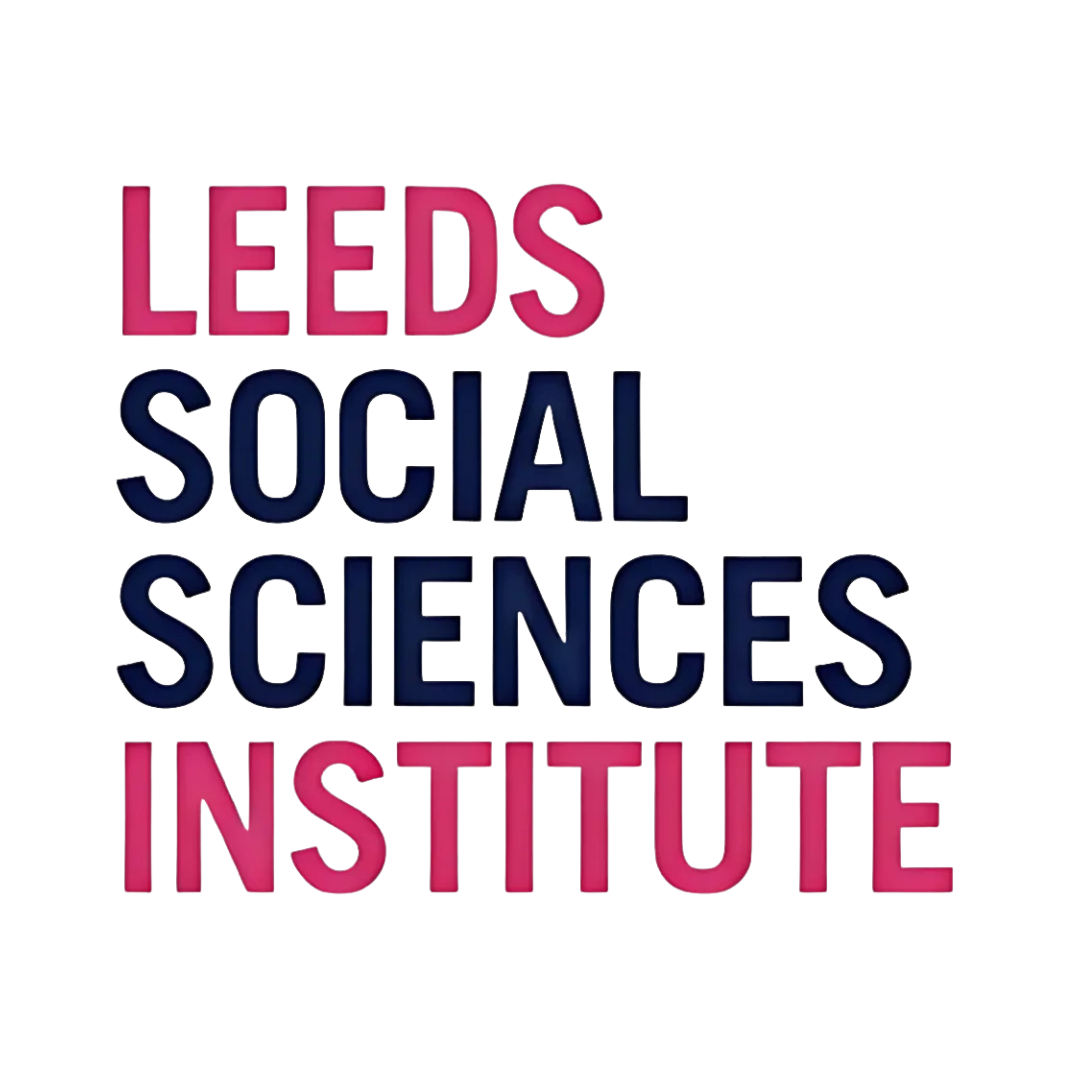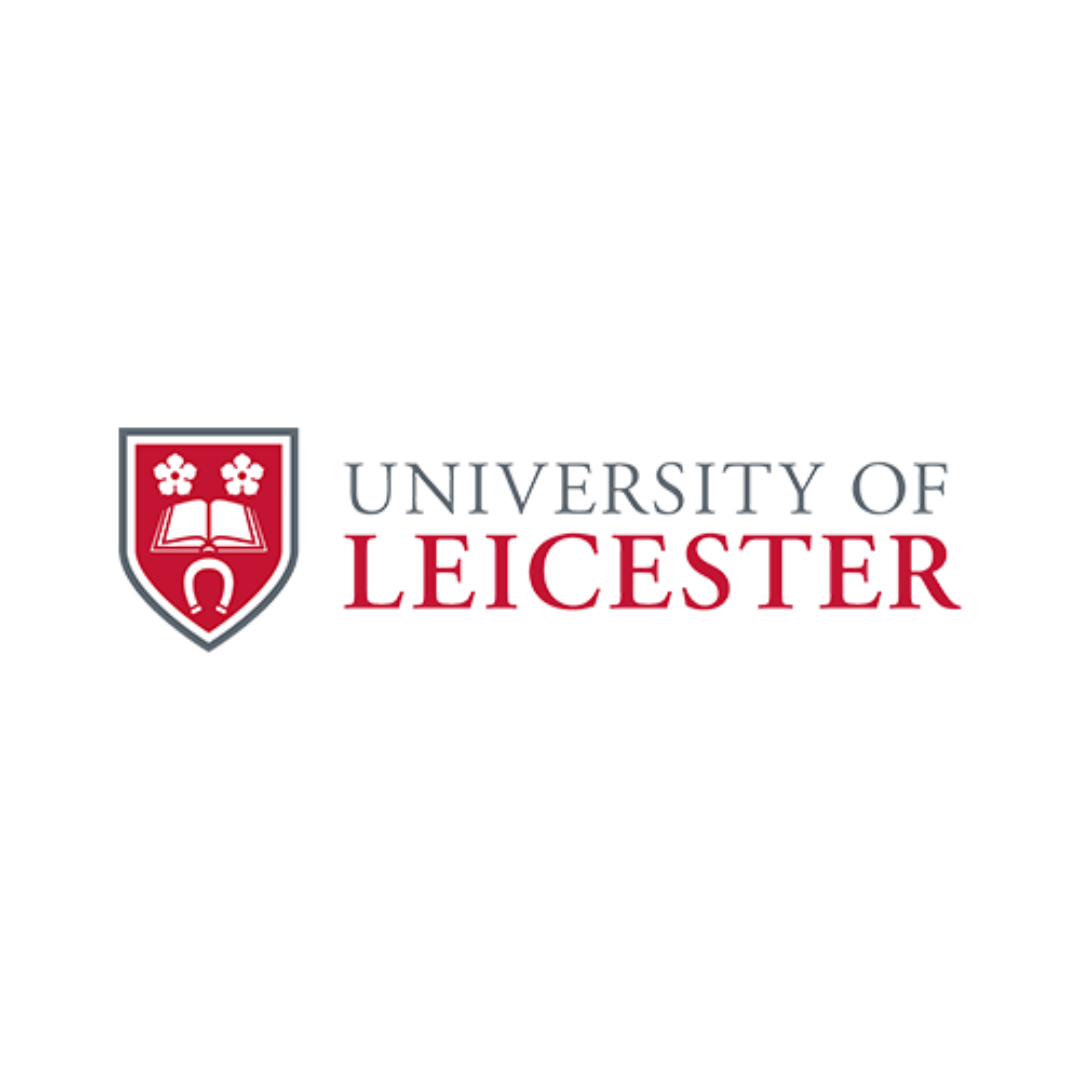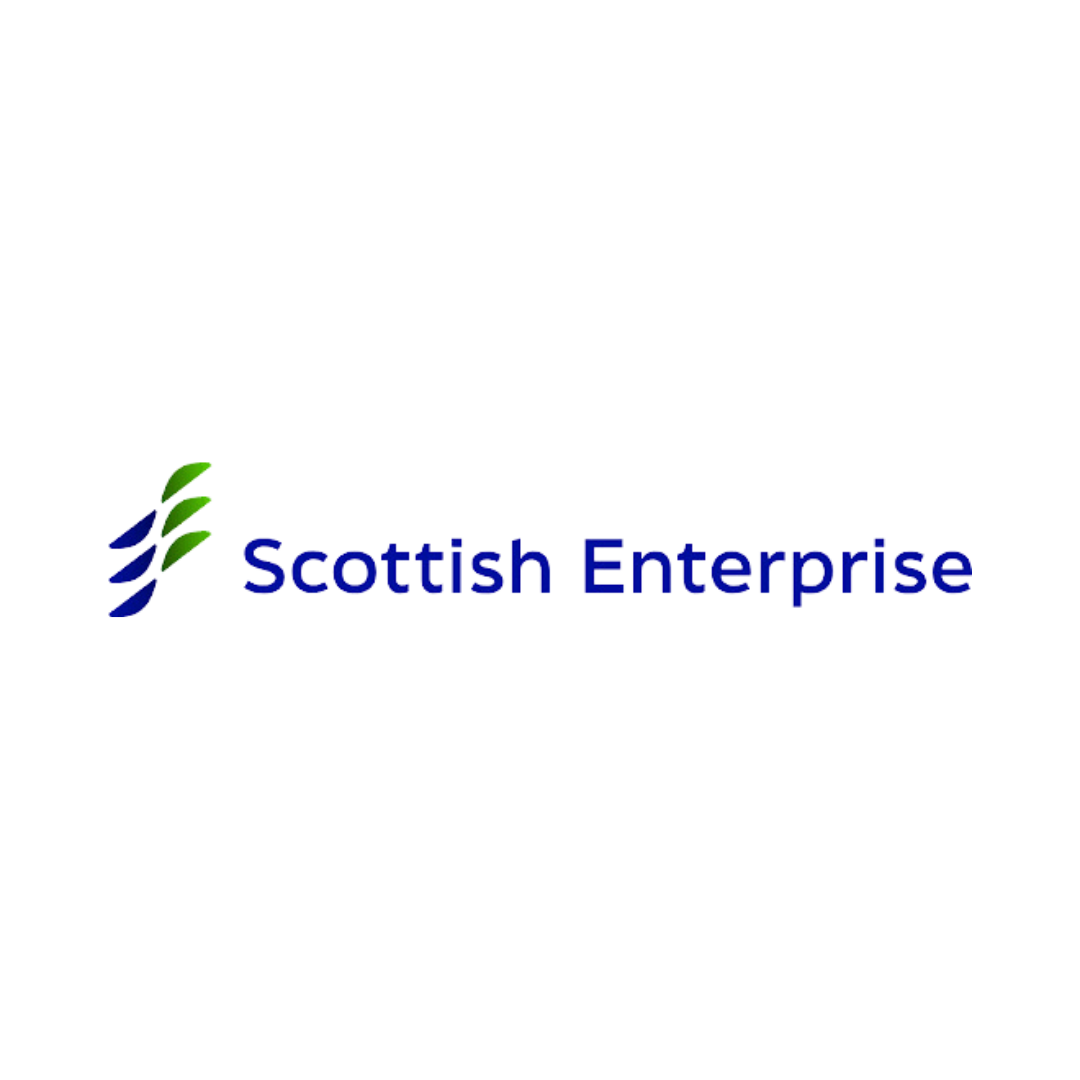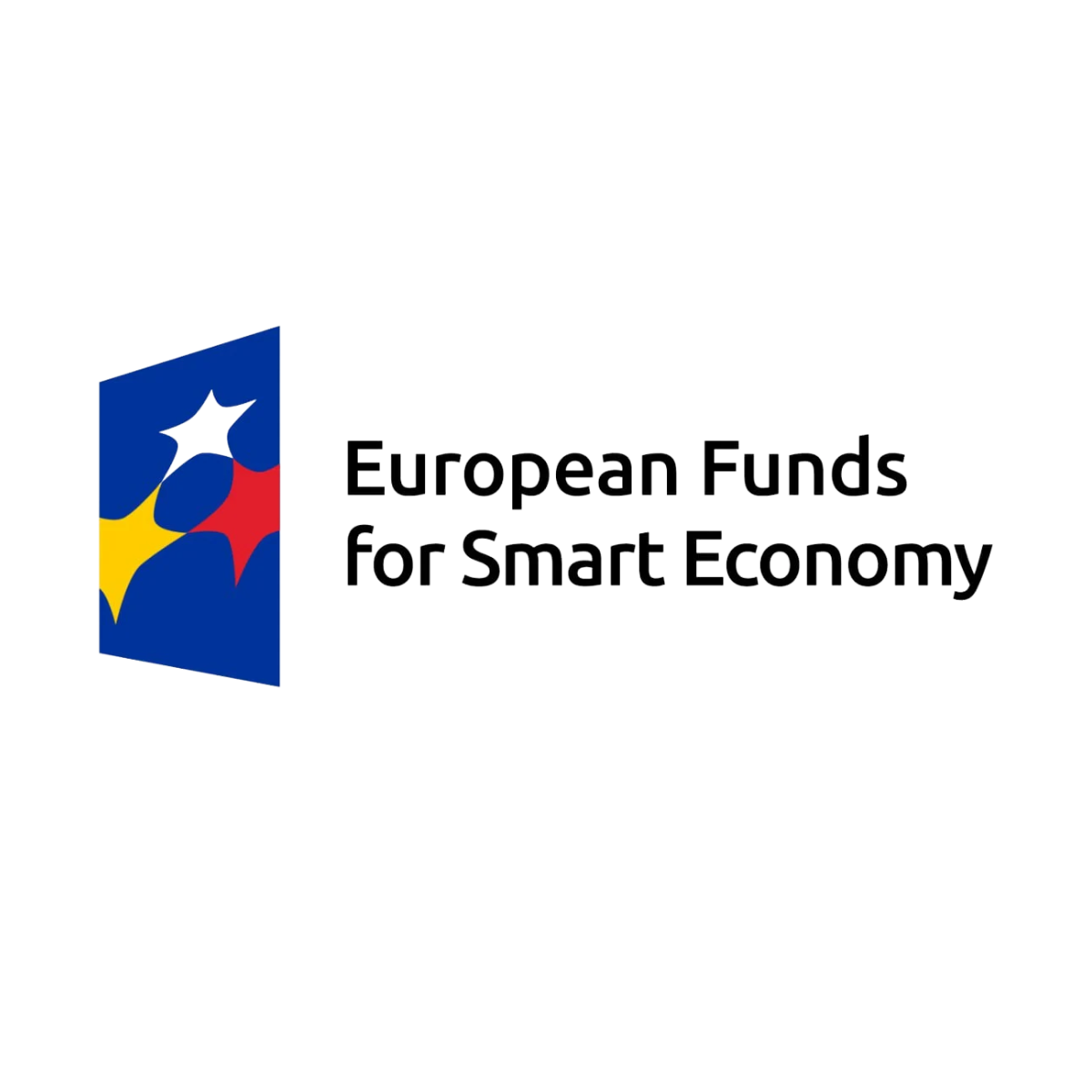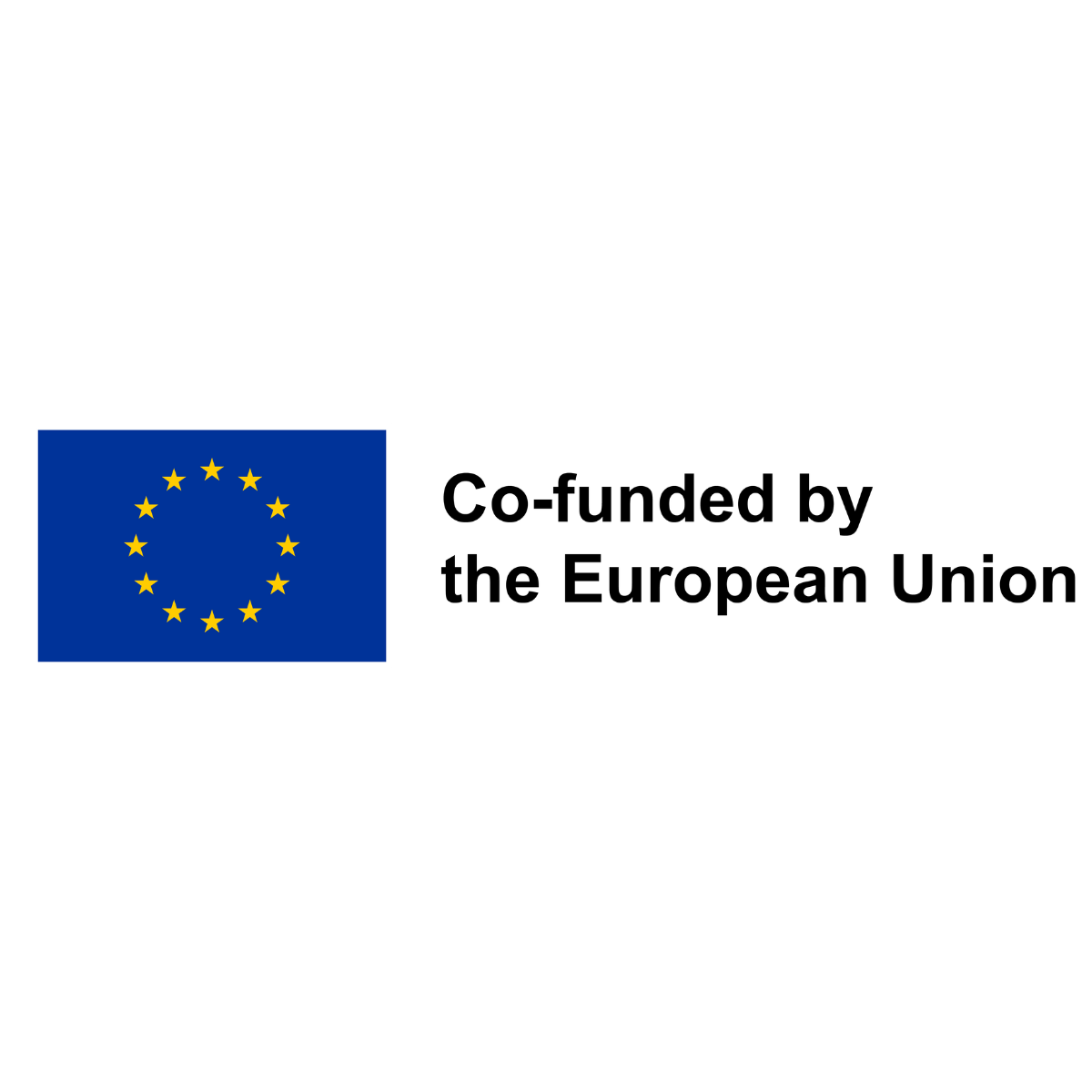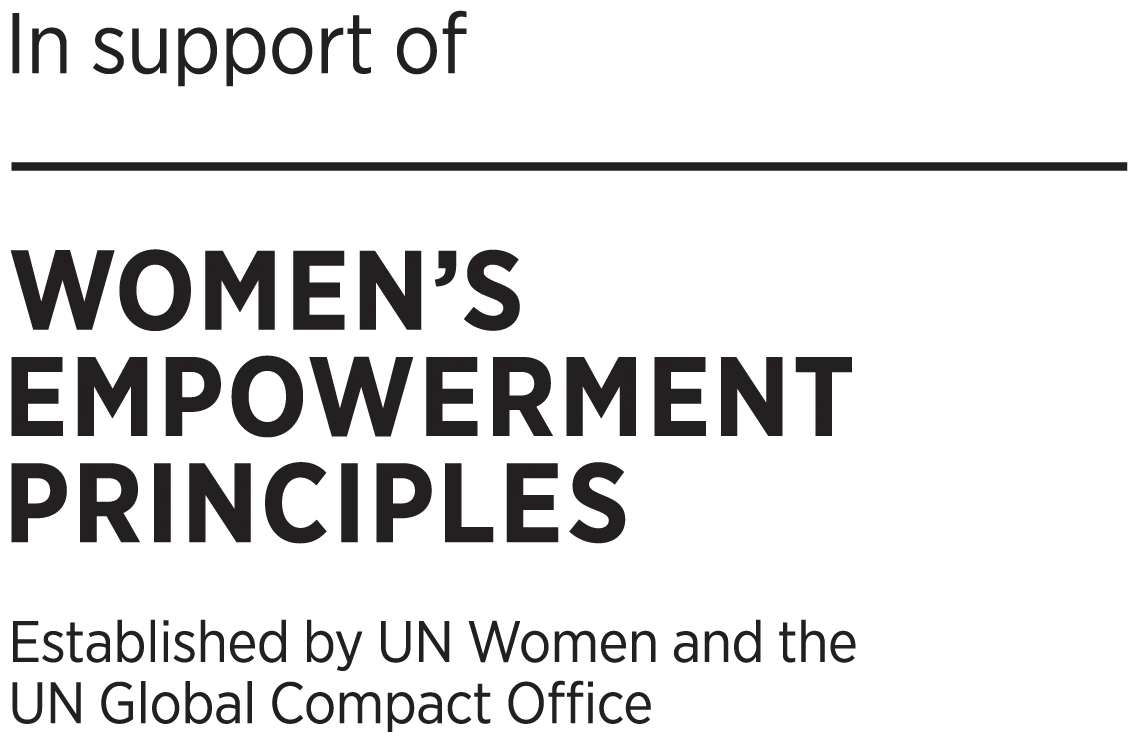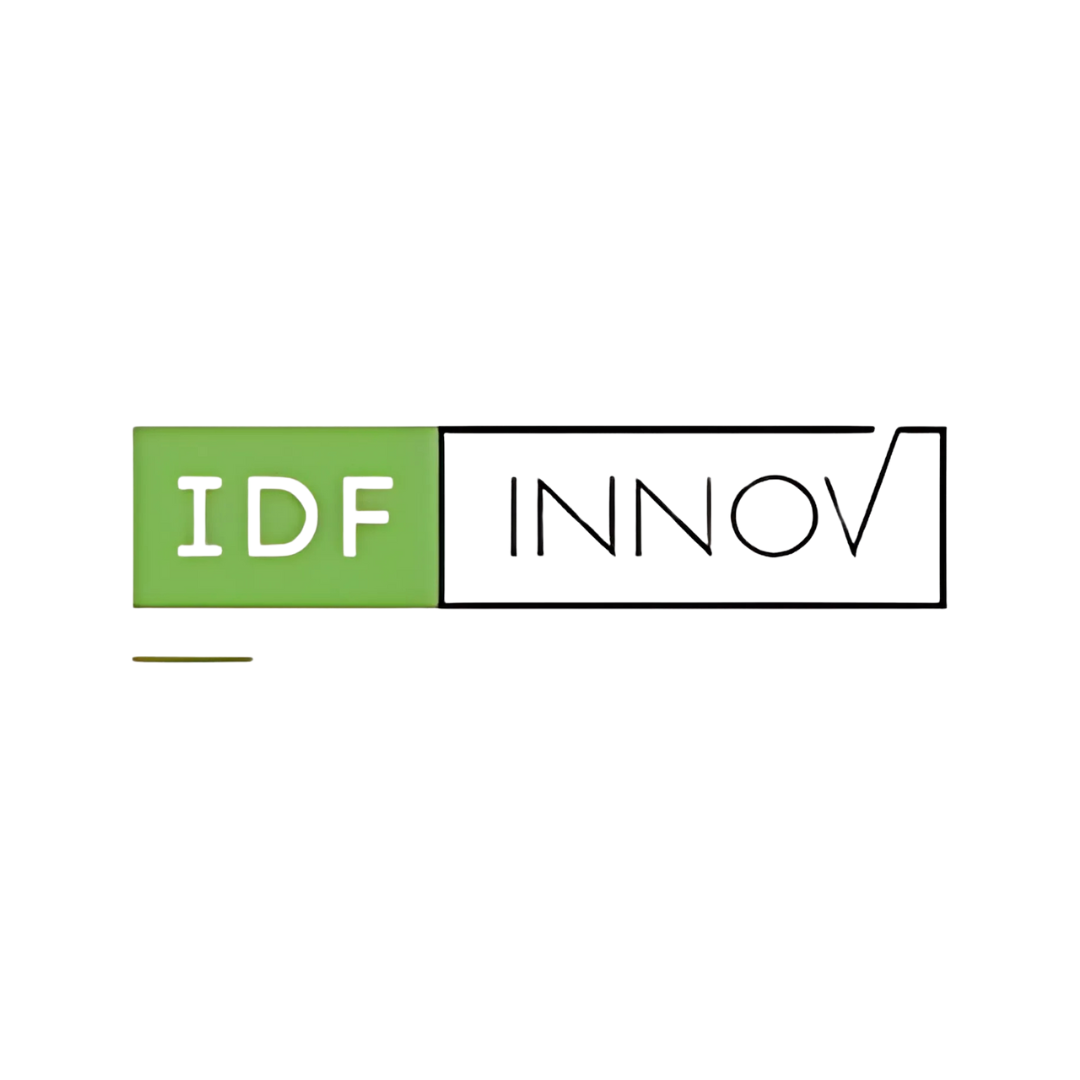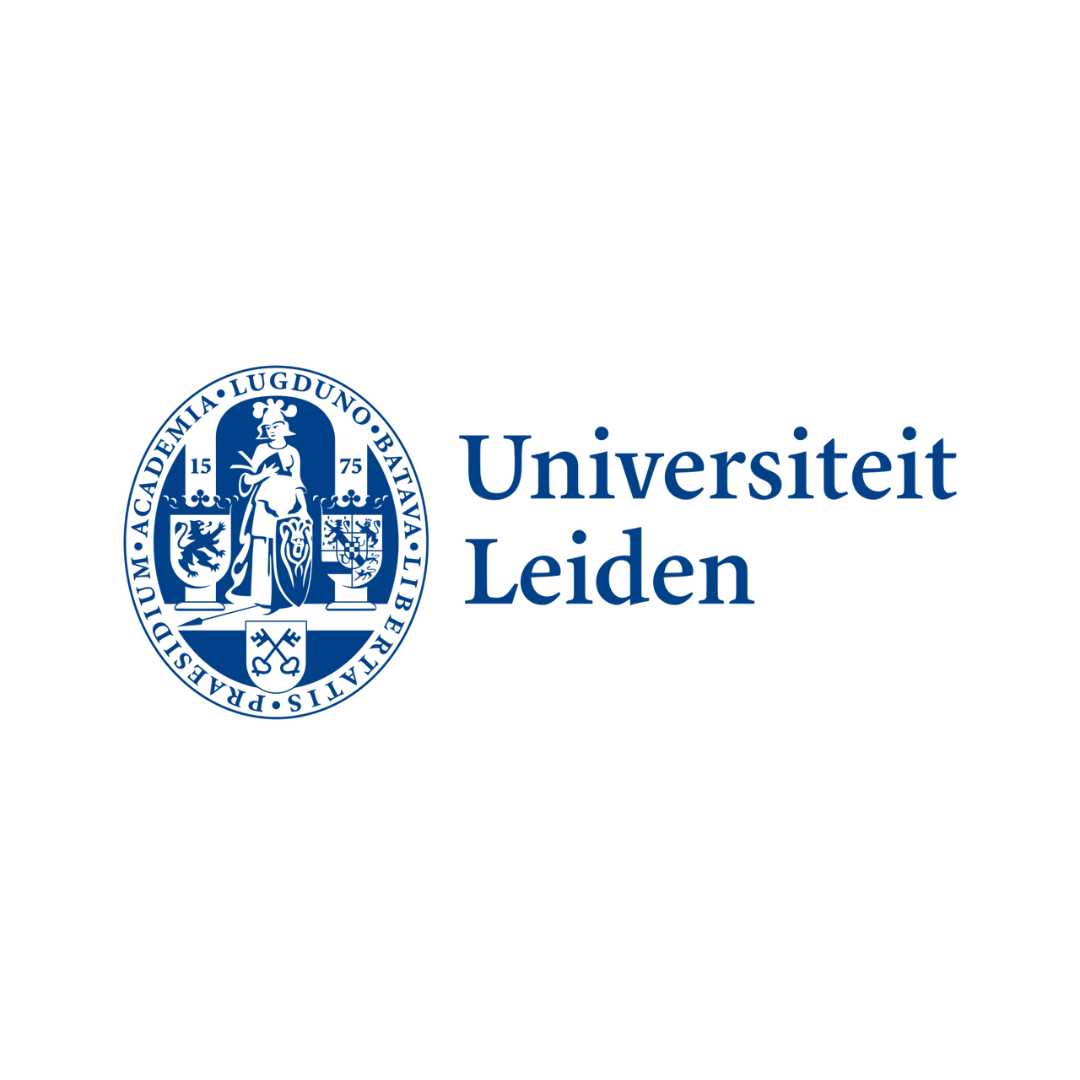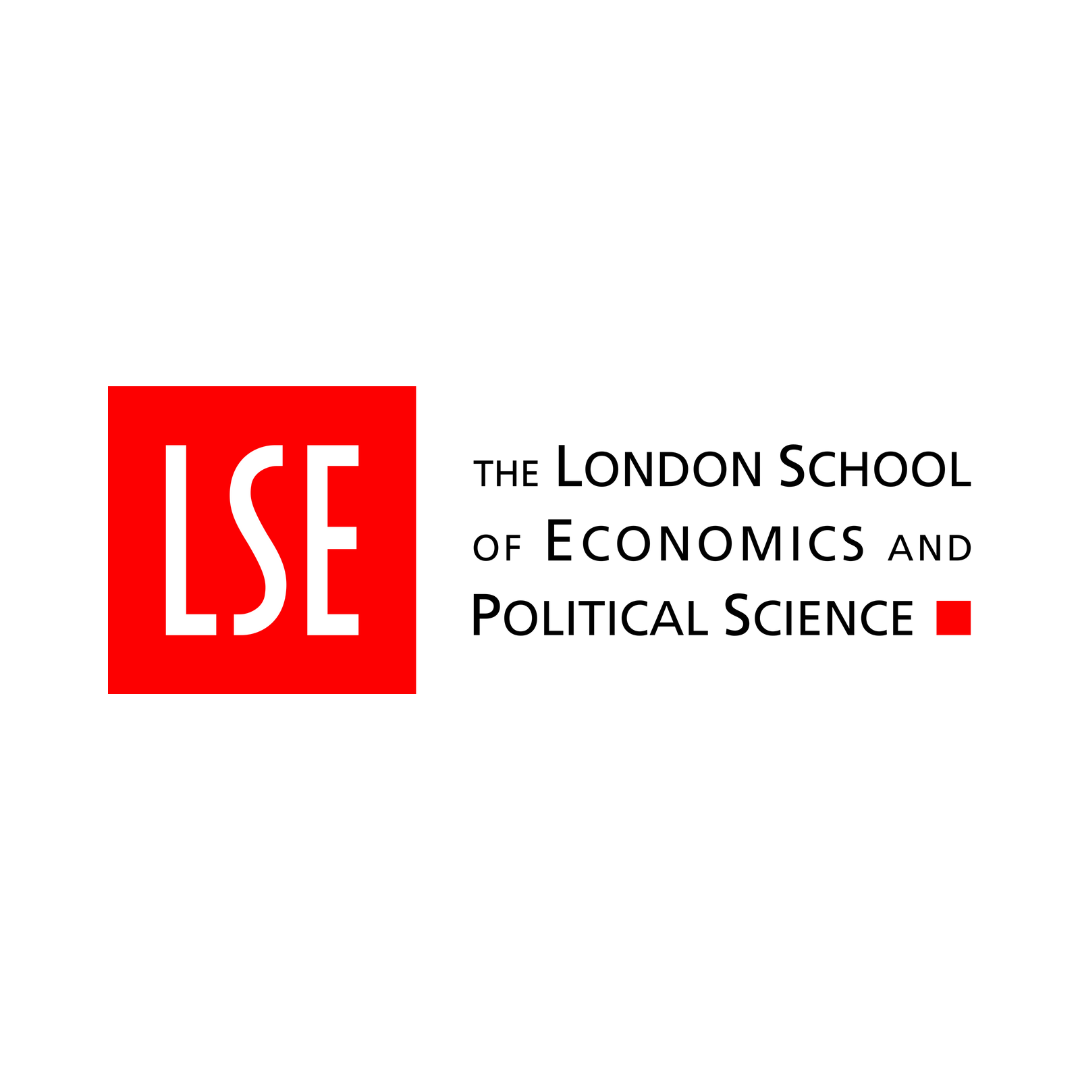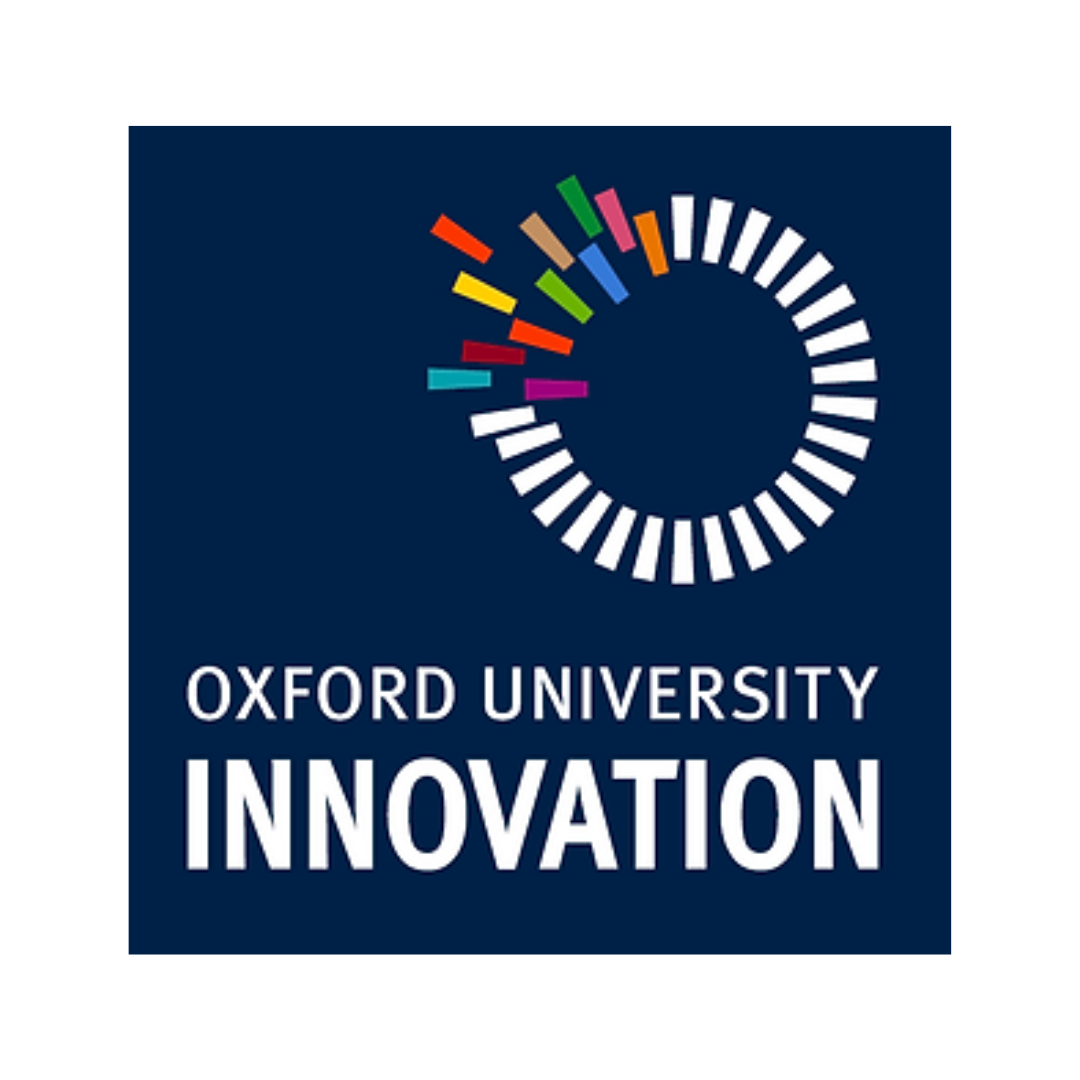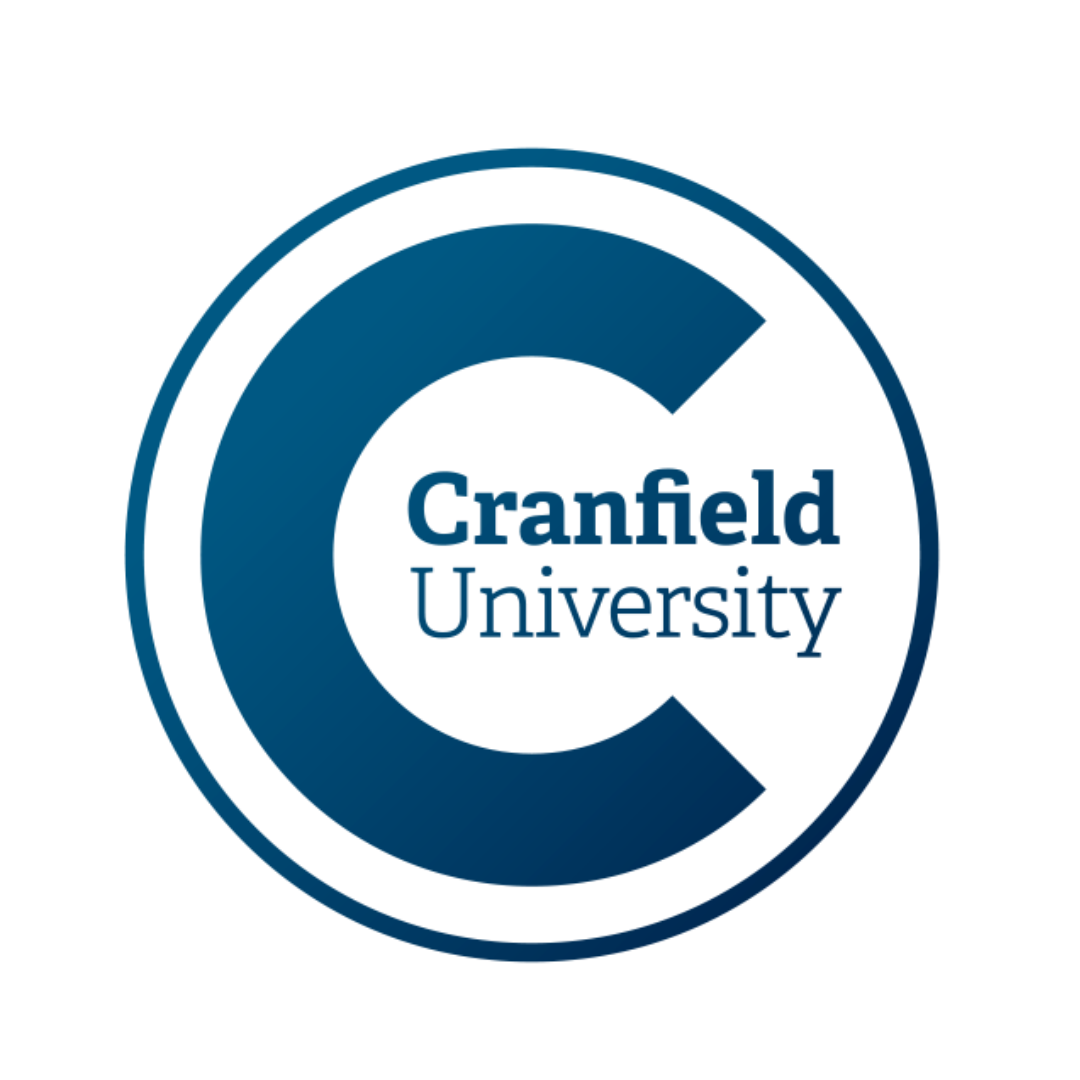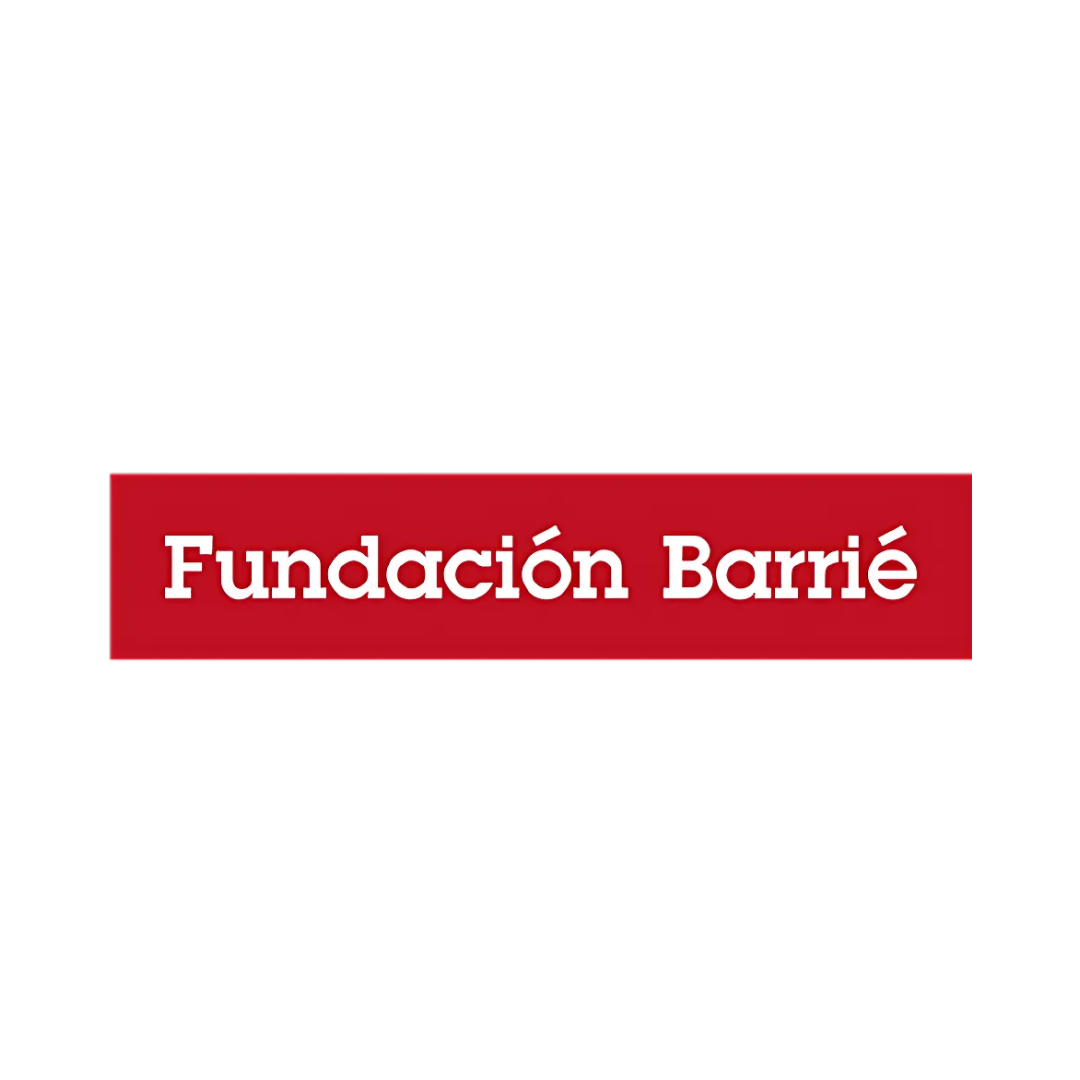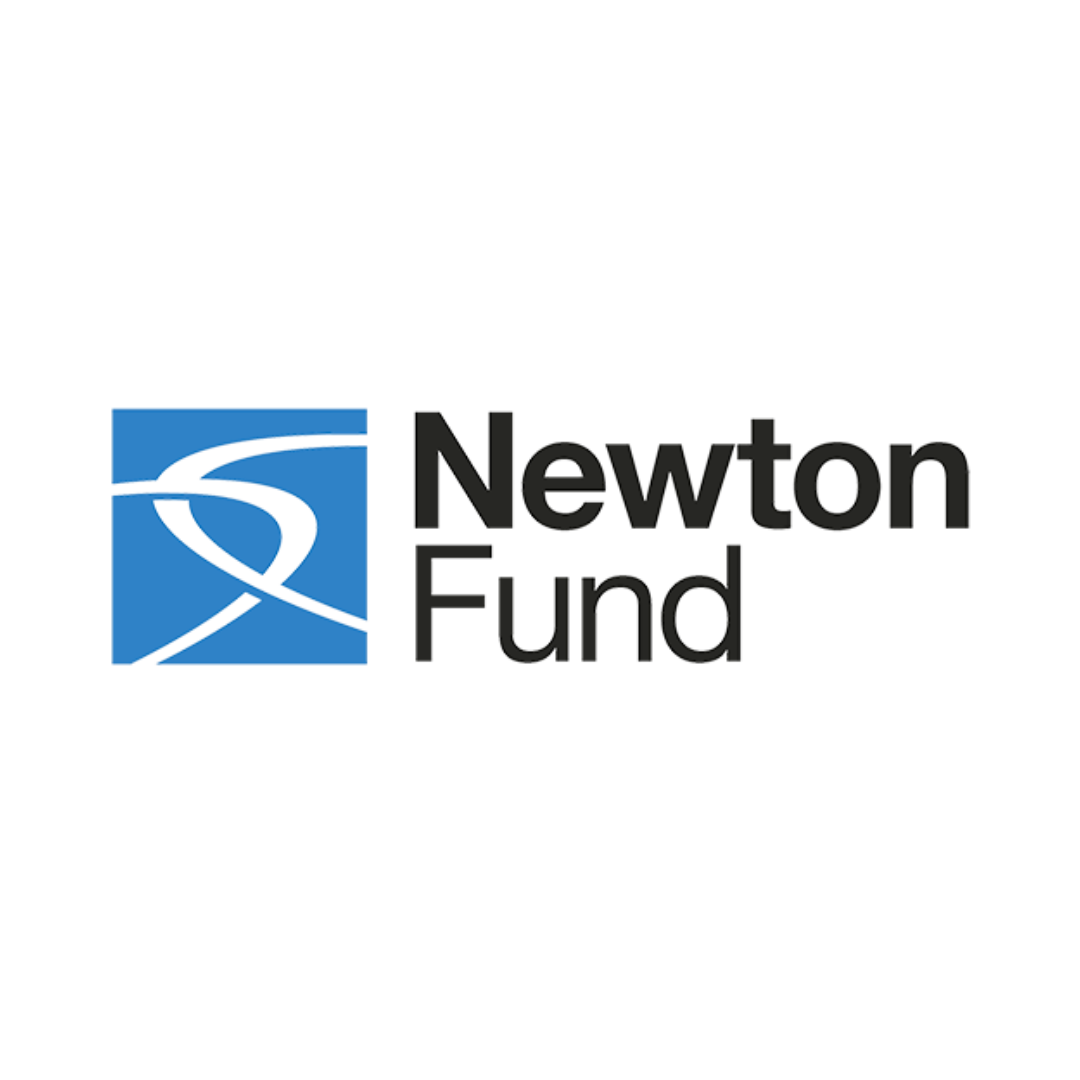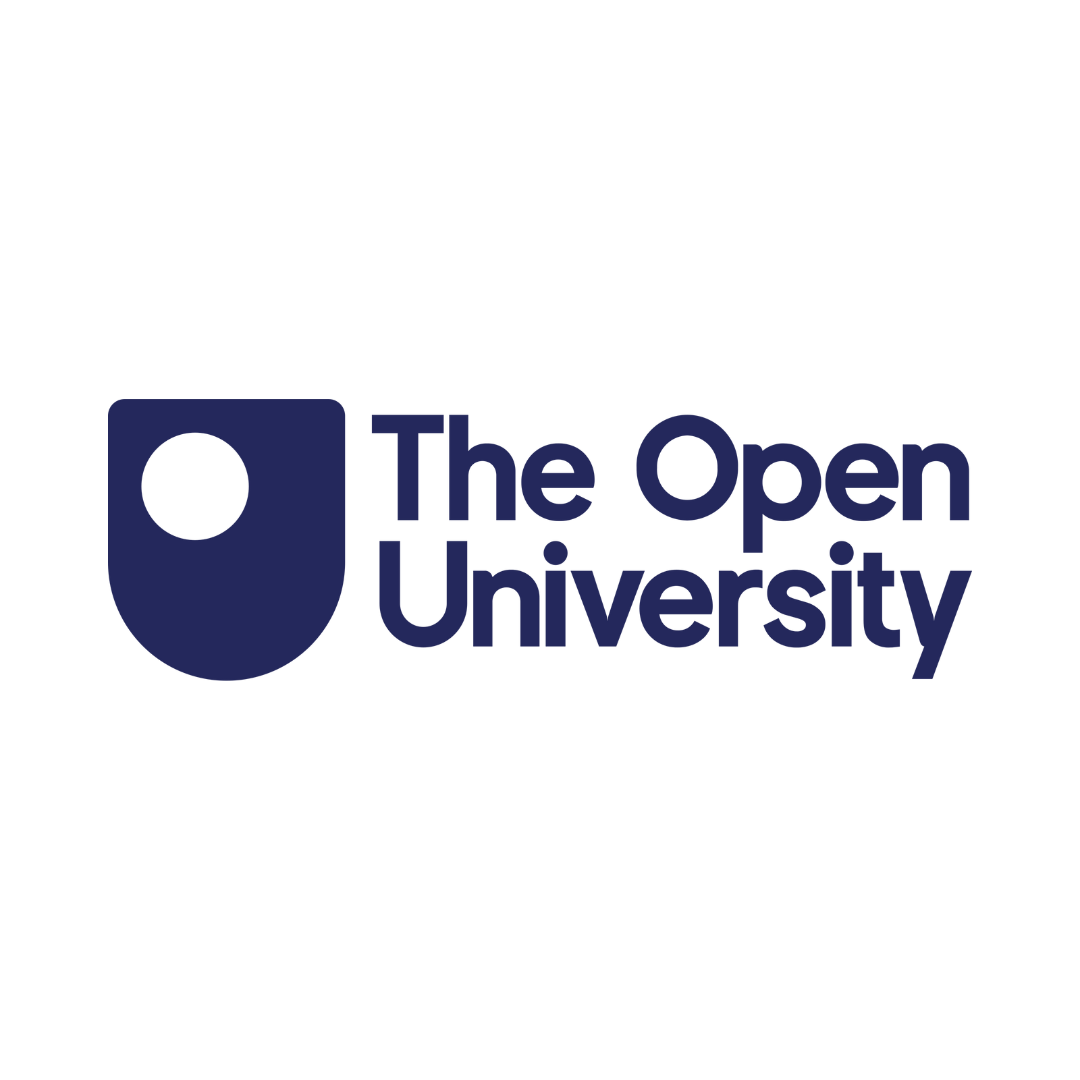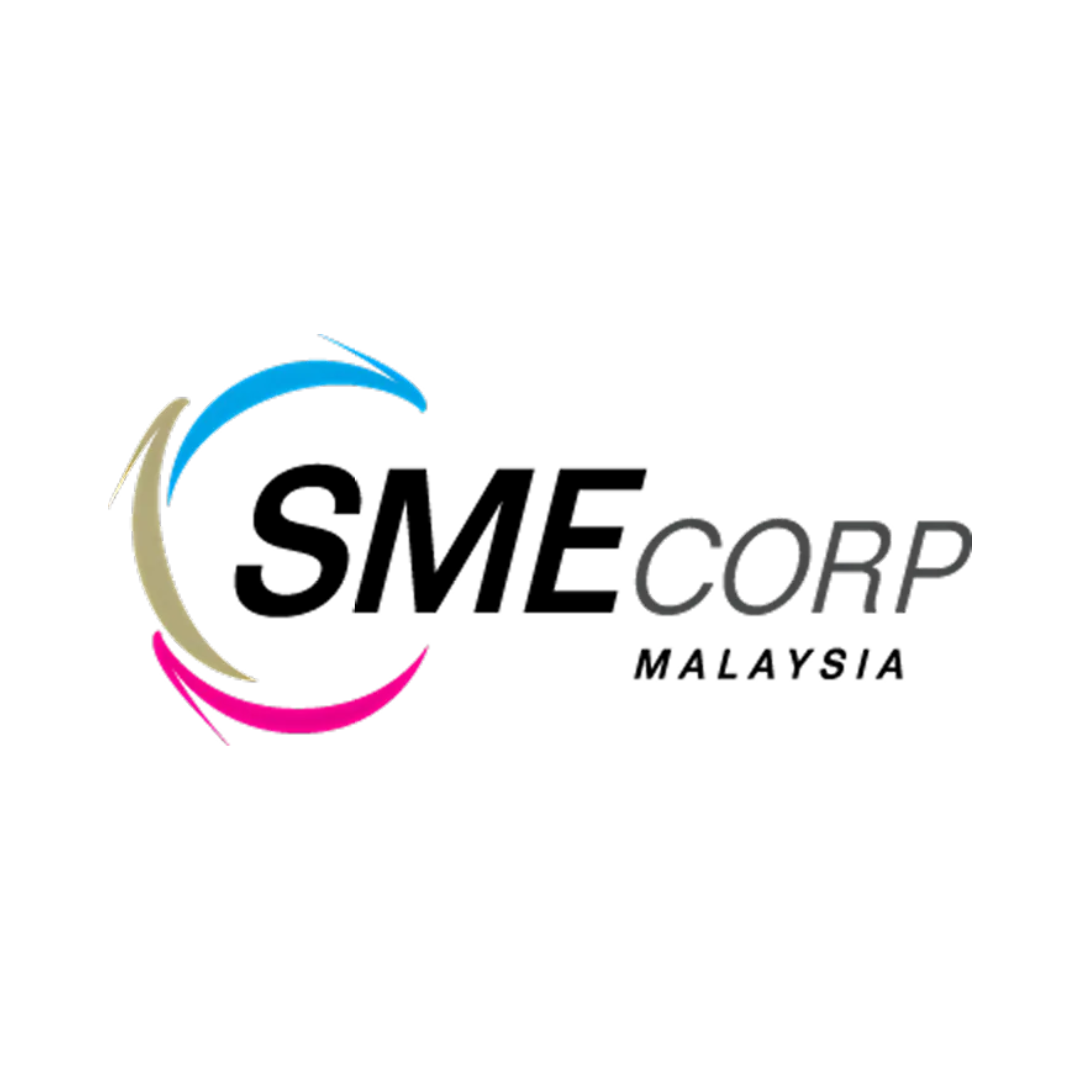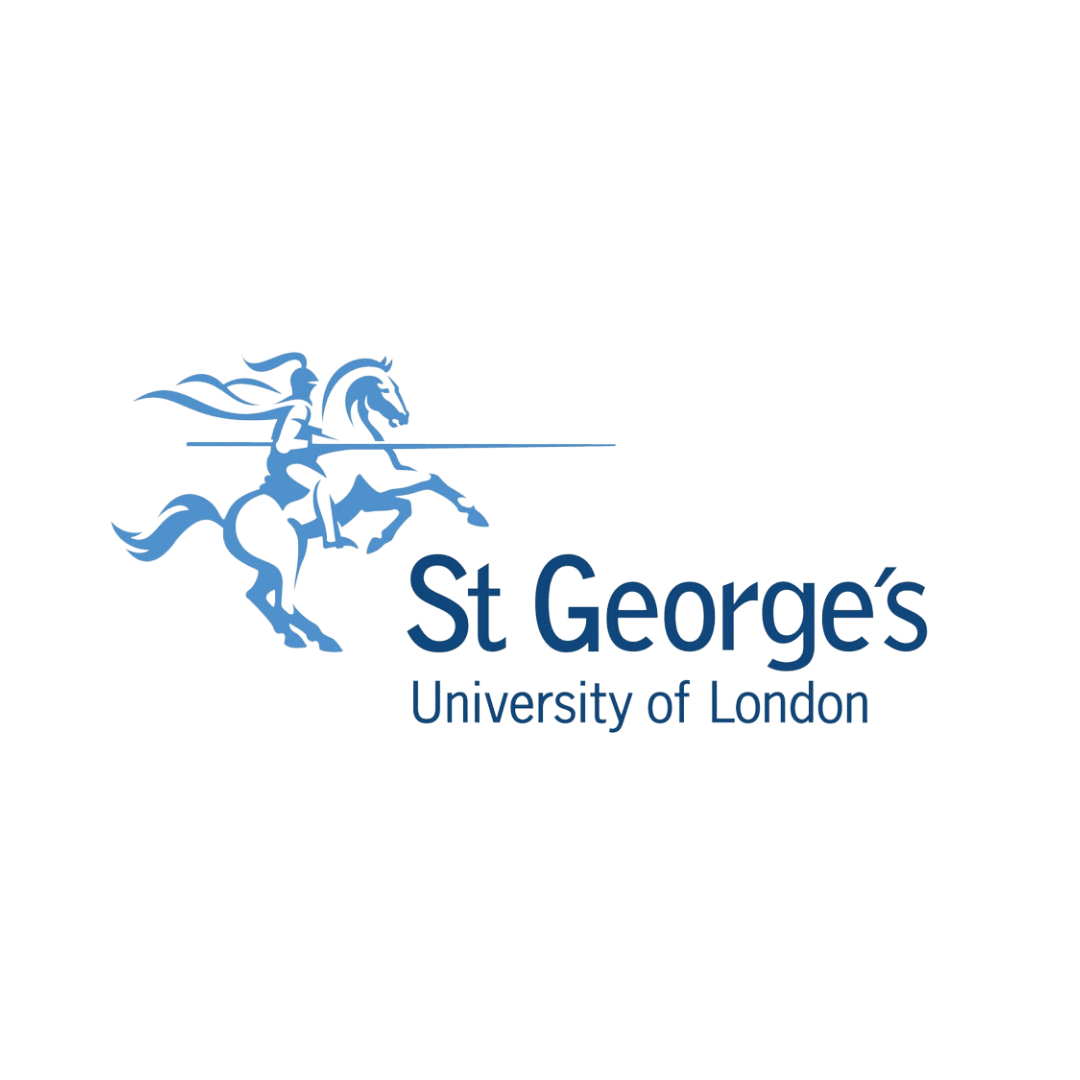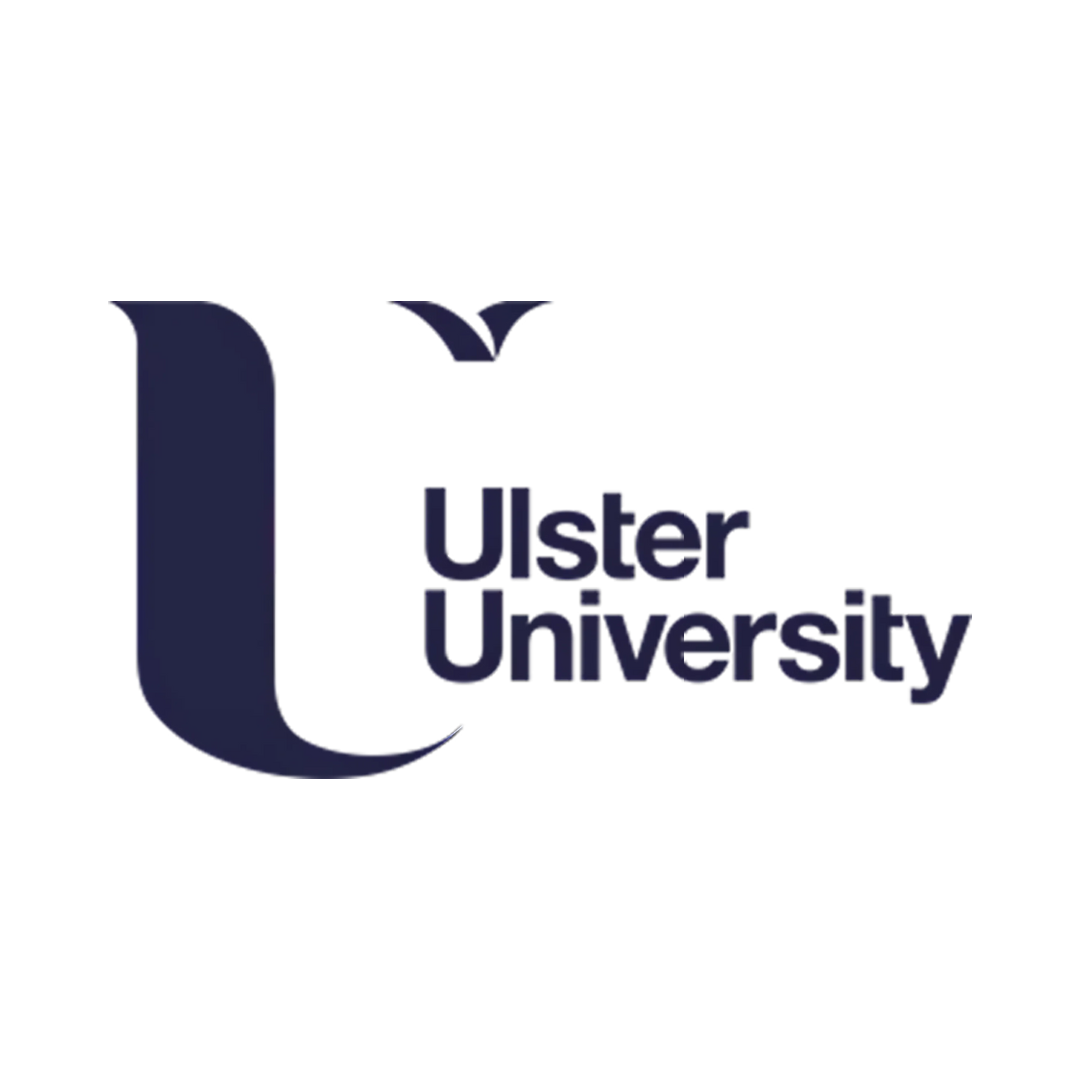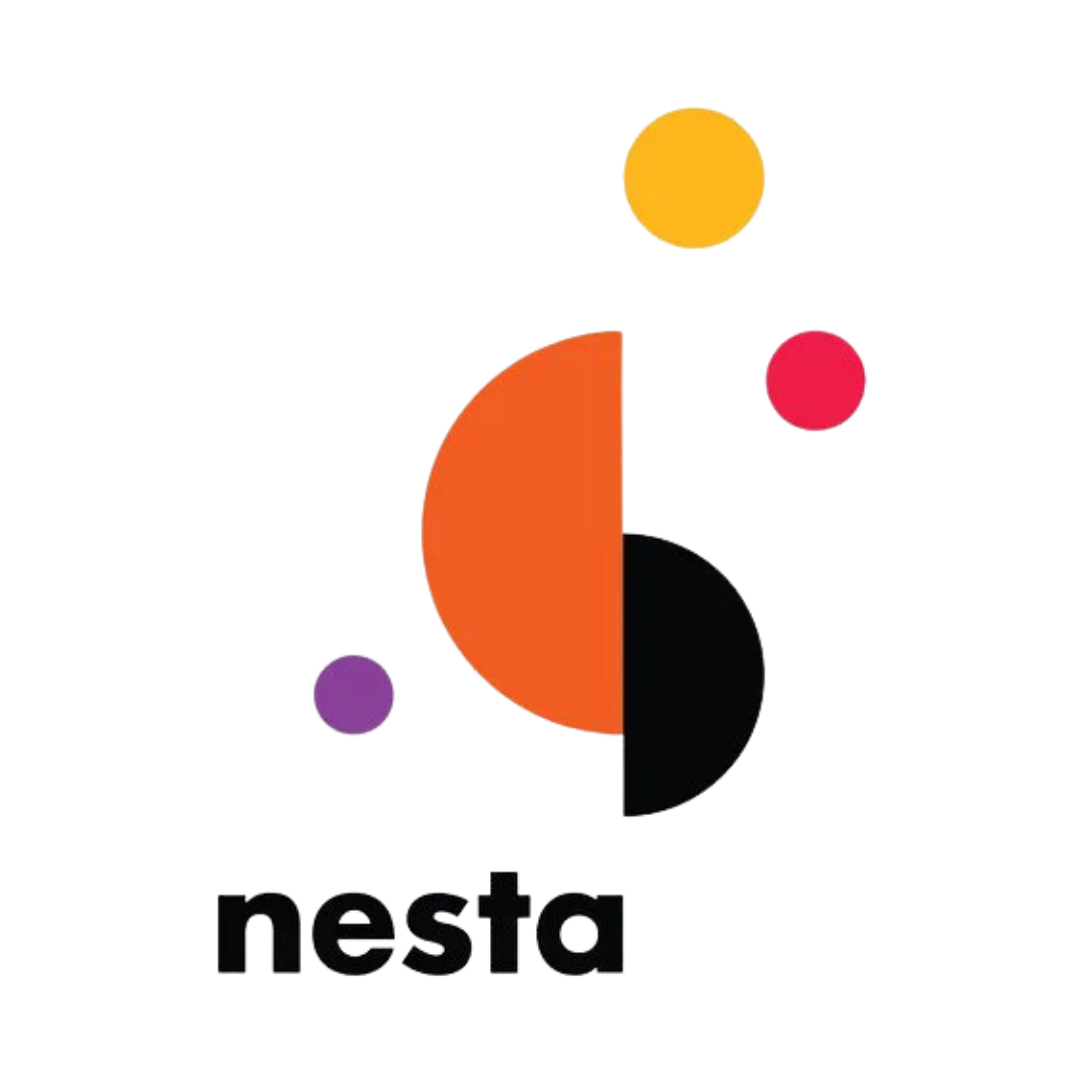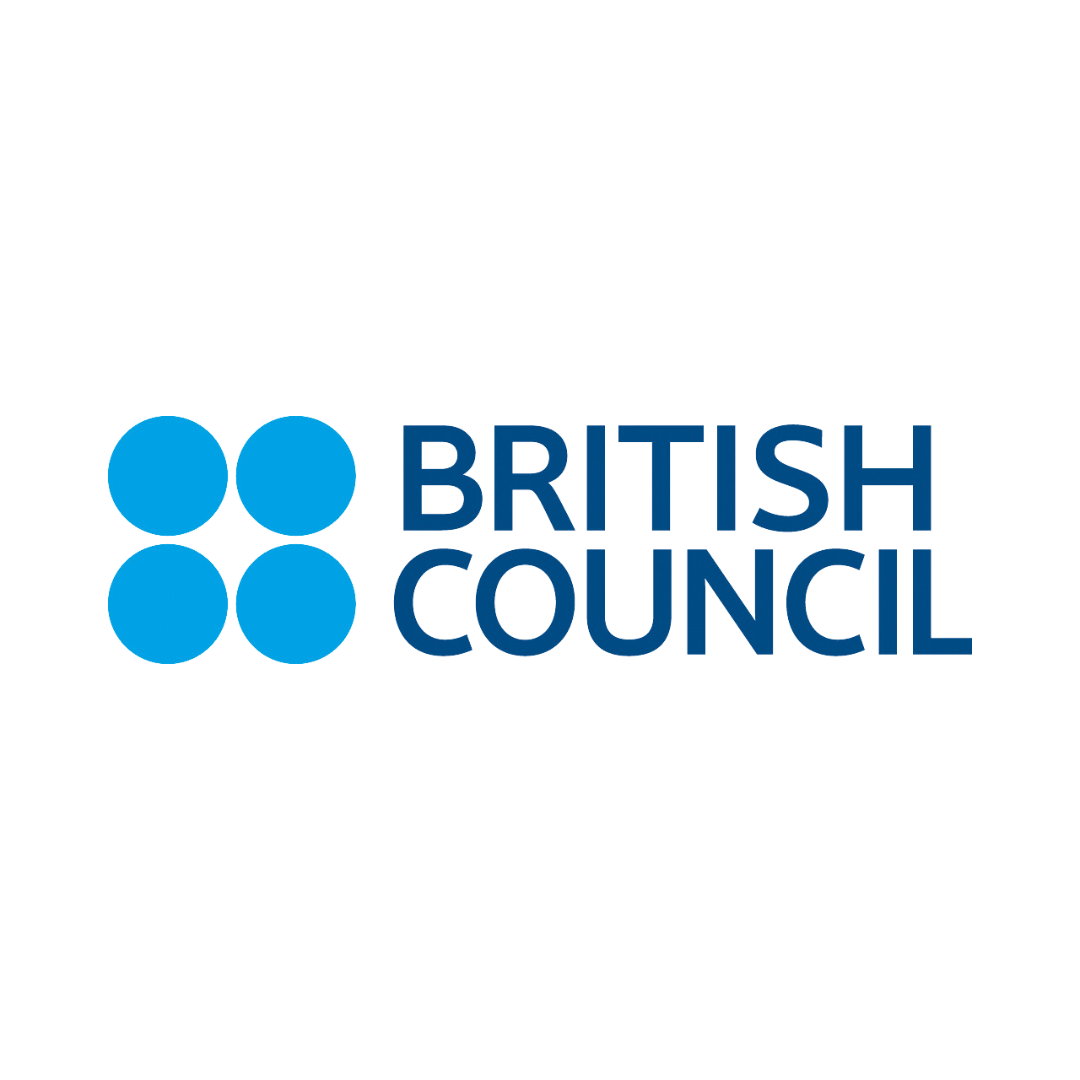Commercialising Social Science research for the University of Sussex
Challenge
A UK HE institution contacted us to deliver training for academics and professionals to build their:
- Potential opportunity understanding and awareness to commercialise IP from Humanities, Arts and Social Sciences (HASS) research.
- REF impact agenda knowledge and understanding to upskill project managers and researchers for stronger submissions for the next REF.
We were asked to progress opportunities to the next commercialisation stage through 1:1 project support.
Approach
We broke the project into 3 work packages:
WP2.1
In our first highly interactive workshop we aimed to have participants better understand HASS commercialisation, how it differs from STEM-based models, and the relationship between commercialisation and research impact. The workshop covered the three key topics about HASS commercialisation:
- Introduction to impact and commercialisation in the social sciences
- Stakeholder engagement
- Intellectual property (IP) and data management
WP2.2
The second workshop focused on strengthening submissions for the next REF. Knowledge exchange and commercialisation (KEC) teams are historically asked to measure economic impact metric and report successes (via HE-BCI survey and others). This includes University income (as a proxy for impact), investment raised, or jobs created from new ventures. KEC activities can also have significant value to society beyond their economic impact, and interest measure and report on this data is growing, particularly in measuring wider social impact is arising from:
- HASS researchers' increased commercialisation interest, where commercial returns are likely to be lower despite high potential for wider impact;
- The sustainability development goals (SDG) agenda, and requirements from research funders to characterise and demonstrate social and environmental impact;
- The emergence of social impact investors and the need to demonstrate social value or social impact strategies for spinouts and startups.
We proposed using a logic model framework and Theory of Change (ToC) approach to give researchers and professionals a model to build a holistic impact strategy for research projects. In our experience, logic models are an effective way of both planning and managing a wide variety of projects and programmes, including research projects. They highlight the connection between the research inputs, KE activities and the eventual outcomes and impacts. Using a logic model framework allows consideration of:
- The links between the activities undertaken and how they create impacts,
- Whether the most appropriate KE activities are being considered
- What has to be measured, how it can be measured efficiently, and when this measurement needs to take place.
Theories of Change also clarifies the project's purpose and aims in a clear and concise way by identifying key stakeholders, assumptions and pre-conditions (which can then be monitored and managed). Well-designed ToCs can also be a powerful, visual and accessible way of communicating research to others.
This workshop output a fully-populated set of ToCs, which can be evaluated, shared, iterated, and used to identify and progress the most promising ideas via WP3, described below.
WP2.3
To further embed the learning from the workshops, and to progress promising projects identified in the ToC workshop, we're providing five days of remote 1-2-1 consultancy support, to identify and develop commercialisation routes.
We expect our support for each project to be tailored to the specific needs of the member of staff/project and be ‘called off’ as required. Following an initial meeting with the researchers, commercialisation team, we will agree a tailored package of support that will best meet the needs of the individual academic.
Ongoing





